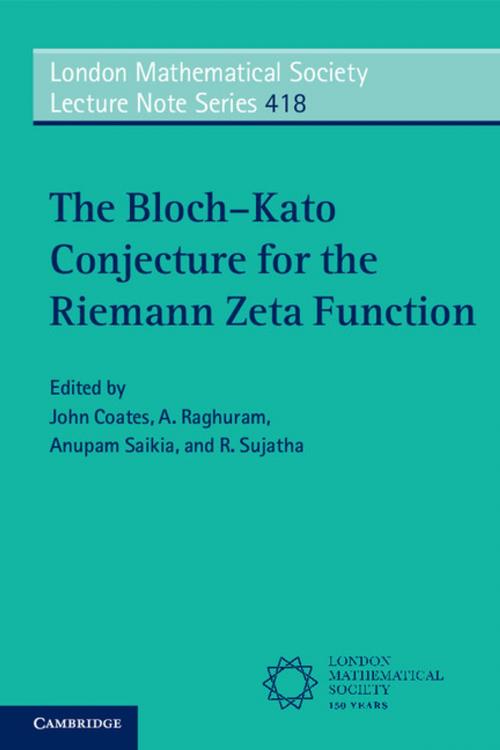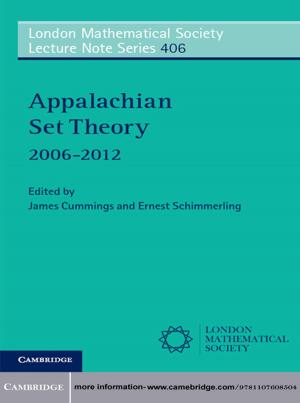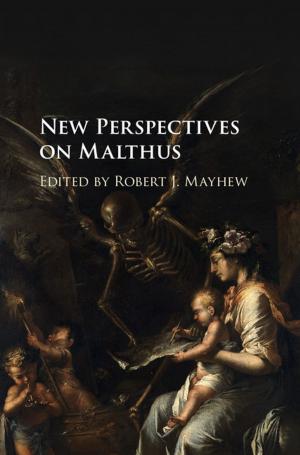The Bloch–Kato Conjecture for the Riemann Zeta Function
Nonfiction, Science & Nature, Mathematics, Number Theory, Algebra| Author: | ISBN: | 9781316235638 | |
| Publisher: | Cambridge University Press | Publication: | March 19, 2015 |
| Imprint: | Cambridge University Press | Language: | English |
| Author: | |
| ISBN: | 9781316235638 |
| Publisher: | Cambridge University Press |
| Publication: | March 19, 2015 |
| Imprint: | Cambridge University Press |
| Language: | English |
There are still many arithmetic mysteries surrounding the values of the Riemann zeta function at the odd positive integers greater than one. For example, the matter of their irrationality, let alone transcendence, remains largely unknown. However, by extending ideas of Garland, Borel proved that these values are related to the higher K-theory of the ring of integers. Shortly afterwards, Bloch and Kato proposed a Tamagawa number-type conjecture for these values, and showed that it would follow from a result in motivic cohomology which was unknown at the time. This vital result from motivic cohomology was subsequently proven by Huber, Kings, and Wildeshaus. Bringing together key results from K-theory, motivic cohomology, and Iwasawa theory, this book is the first to give a complete proof, accessible to graduate students, of the Bloch–Kato conjecture for odd positive integers. It includes a new account of the results from motivic cohomology by Huber and Kings.
There are still many arithmetic mysteries surrounding the values of the Riemann zeta function at the odd positive integers greater than one. For example, the matter of their irrationality, let alone transcendence, remains largely unknown. However, by extending ideas of Garland, Borel proved that these values are related to the higher K-theory of the ring of integers. Shortly afterwards, Bloch and Kato proposed a Tamagawa number-type conjecture for these values, and showed that it would follow from a result in motivic cohomology which was unknown at the time. This vital result from motivic cohomology was subsequently proven by Huber, Kings, and Wildeshaus. Bringing together key results from K-theory, motivic cohomology, and Iwasawa theory, this book is the first to give a complete proof, accessible to graduate students, of the Bloch–Kato conjecture for odd positive integers. It includes a new account of the results from motivic cohomology by Huber and Kings.















